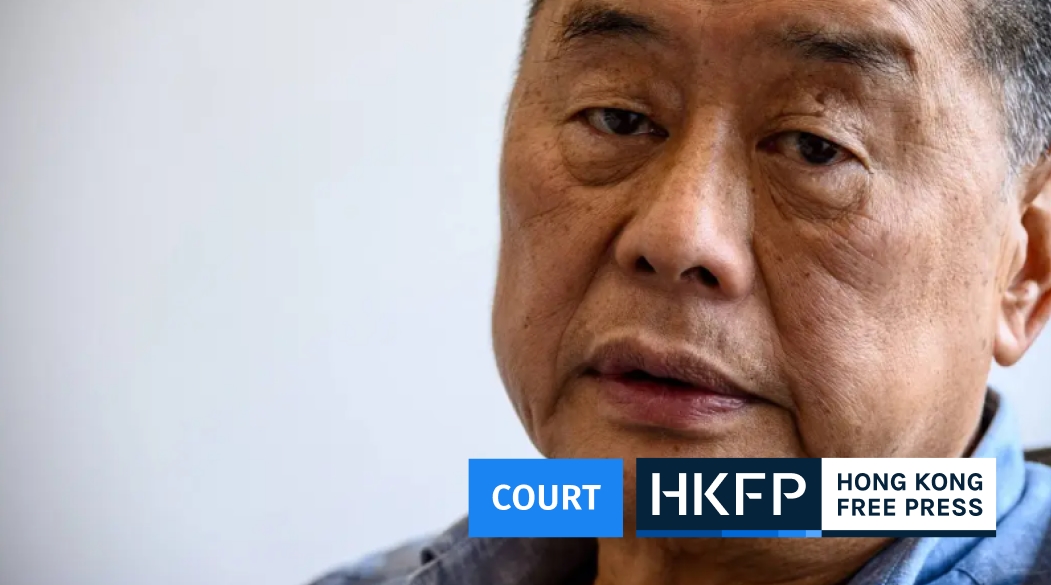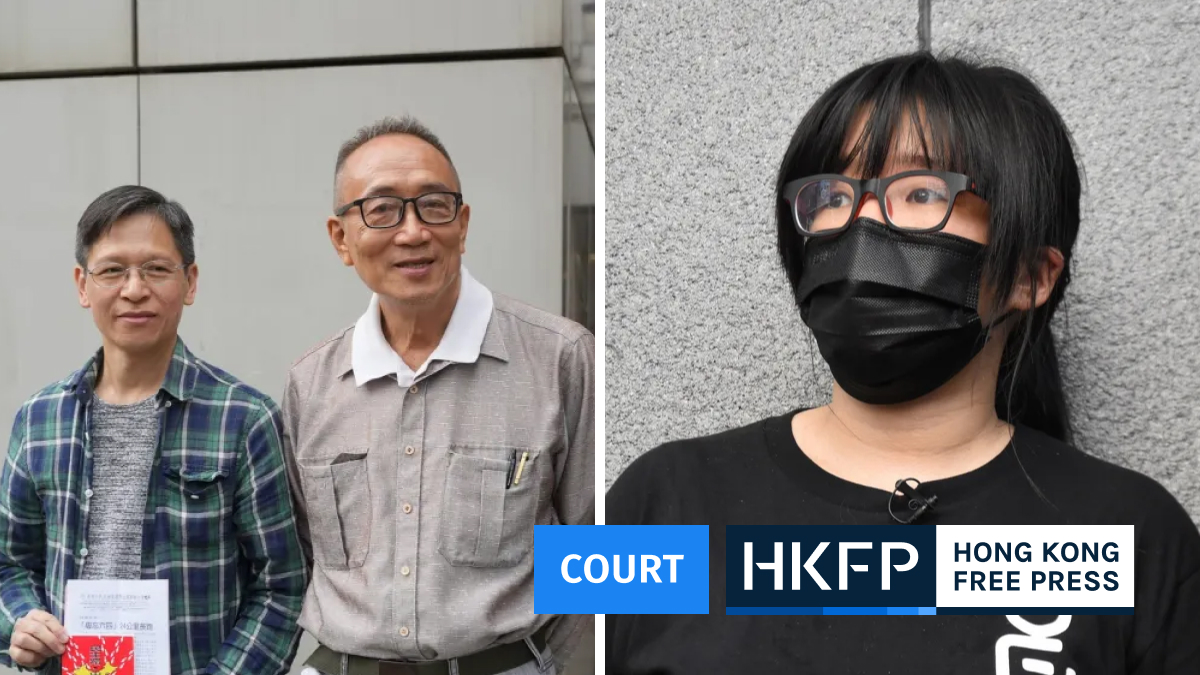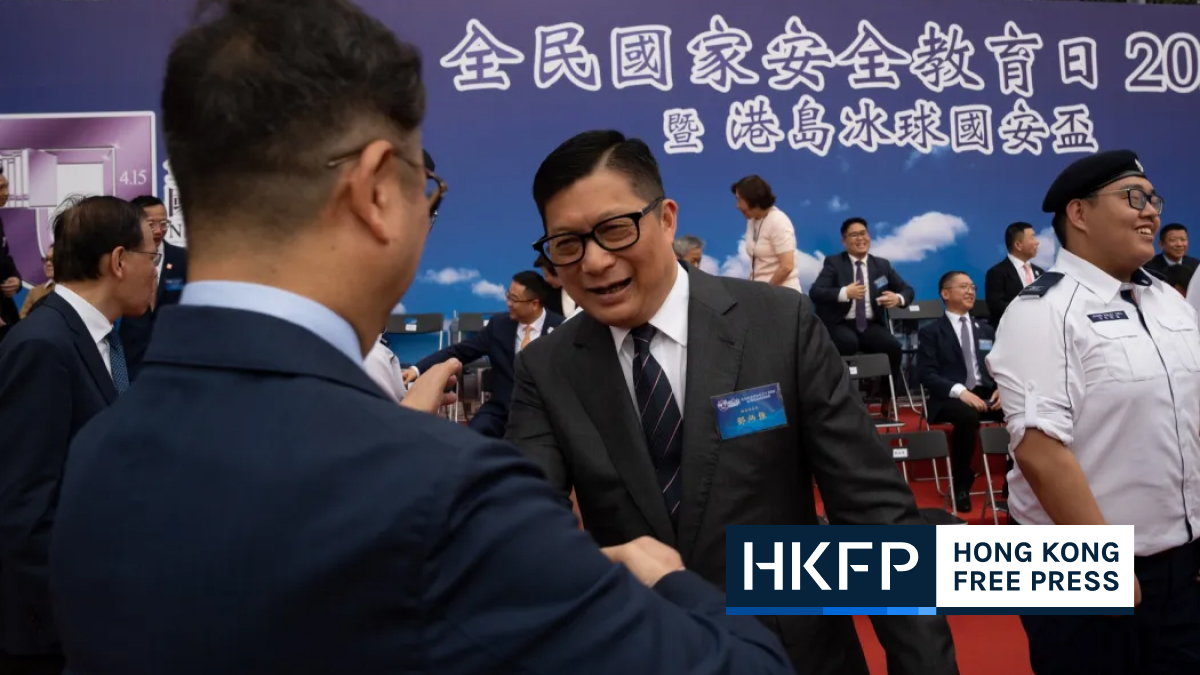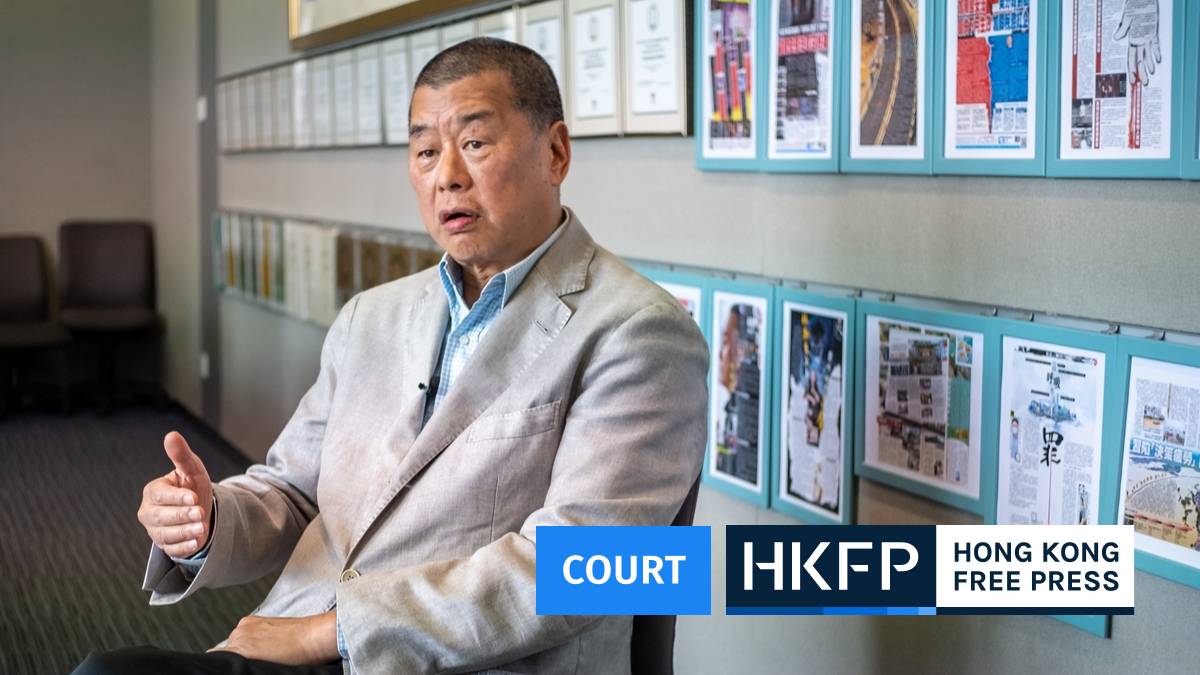Hong Kong’s national security police have frozen the bank accounts and assets belonging to the now-defunct group behind the city’s annual Tiananmen Massacre commemorative vigils.
The shuttered June 4th museum in Mong Kok, which was dedicated to Beijing’s bloody crackdown on the 1989 demonstrations, was among the assets frozen under Hong Kong’s security law. The move on Wednesday came three weeks after a police raid on the site and the organiser’s disbandment over the weekend.
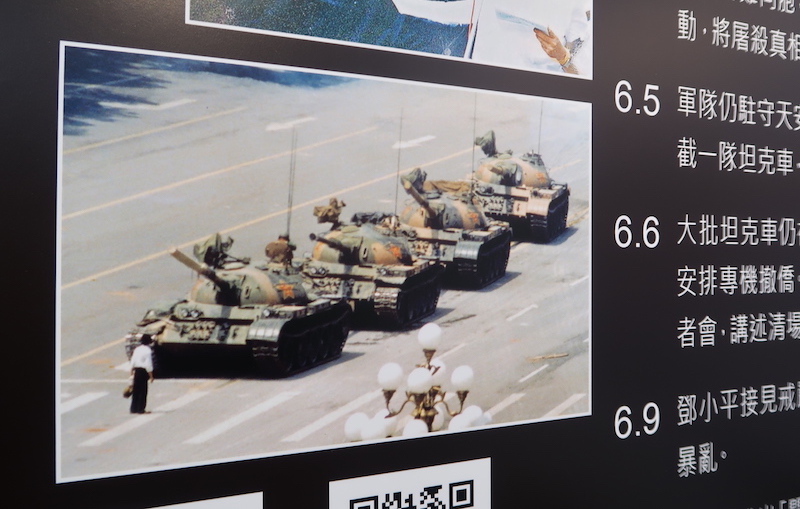
The police ordered the now-disbanded Hong Kong Alliance in Support of Patriotic Democratic Movements of China to refrain from any dealings with the museum property at the Ngai Wong Commercial Building on Mong Kok Road in a letter on Wednesday.
“The Secretary for Security has by the Notice directed that the Alliance must not, directly or indirectly, deal with the offence related property specified,” the letter read.
Nineteen different bank accounts connected to the group – with HSBC, Hang Seng Bank and the Bank of East Asia – were also frozen.
The police had already announced it had frozen HK$2.2 million of the group’s assets on September 9.
The order was made under schedule 3 of the implementation rules for Article 43 of the security legislation, which empowers the force to freeze property linked to a suspected violation of the law. Anyone who violates the order is liable to up to seven years in prison.
The freezing notice expires at midnight on September 28, 2023.
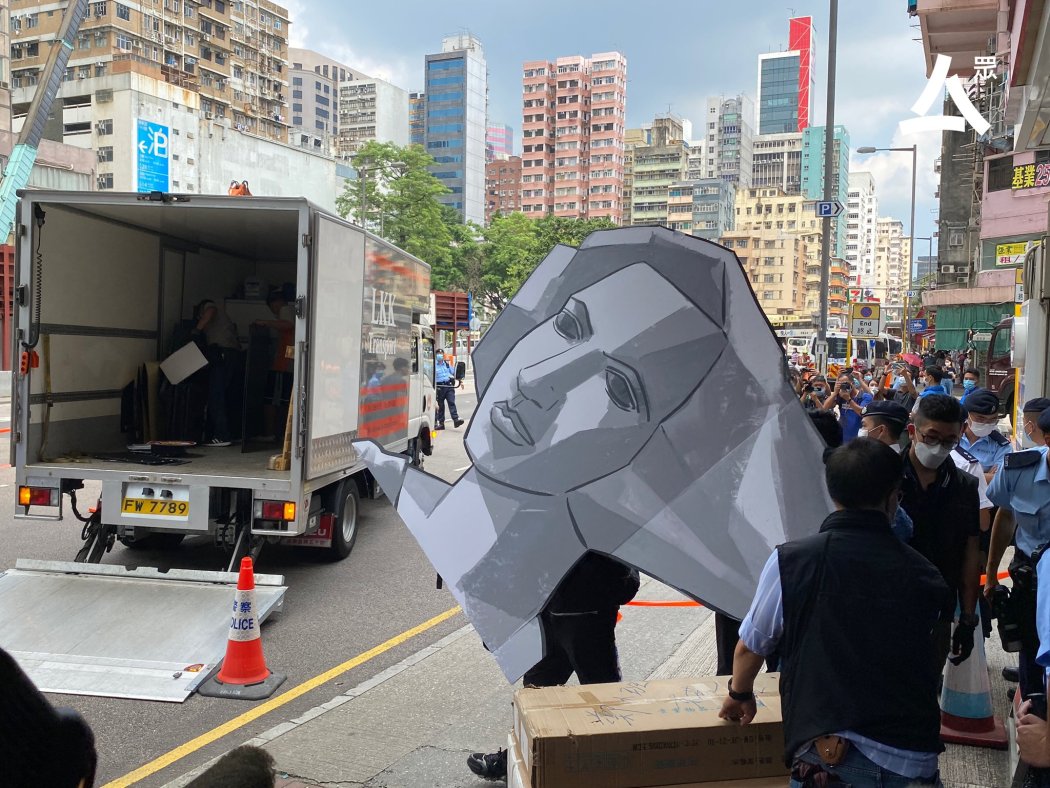
The Alliance’s former secretary Richard Tsoi confirmed with HKFP that Wednesday’s letter was the first the group had received informing them of the asset freezes, and that the frozen amount was the entirety of the group’s assets.
The group had already voted to disband last Saturday, after five core members were arrested, charged and denied bail under the security law for refusing to comply with a national security data request, and the group itself was charged alongside three leading figures for “incitement to subversion” earlier this month.
The now-frozen museum on Mong Kok Road had also been raided by officers, who took away key exhibits as evidence. A separate, online archive of the museum run by an independent team from abroad also became unavailable via the city’s major telecom providers.
Two of the five charged for refusing the data request, Chan To-wai and Leung Kam-wai, were denied bail by the High Court on Wednesday.
‘Case-by-case basis’
The freezing order comes after the city’s security chief Chris Tang side-stepped reporters’ questions about whether people could still commemorate the 1989 Tiananmen Massacre over the weekend.
Tang said that incidents will be judged by a “case-by-case basis” and in reference to factors such as whether commemorators were endangering national security or working with foreign forces.

“If you simply express your views in accordance with the laws, I can’t see any problems,” Tang said on a TV programme.
The Tiananmen Massacre occurred on June 4, 1989 ending months of student-led demonstrations in China. It is estimated that hundreds, perhaps thousands, of people died when the People’s Liberation Army was deployed to crack down on protesters in Beijing.
The ability of HongKongers to commemorate the massacre was widely seen as a symbol of the city’s promised freedoms and autonomy from Beijing, who heavily censor any reference to the crackdown on mainland China.
Support HKFP | Policies & Ethics | Error/typo? | Contact Us | Newsletter | Transparency & Annual Report | Apps
Help safeguard press freedom & keep HKFP free for all readers by supporting our team





















